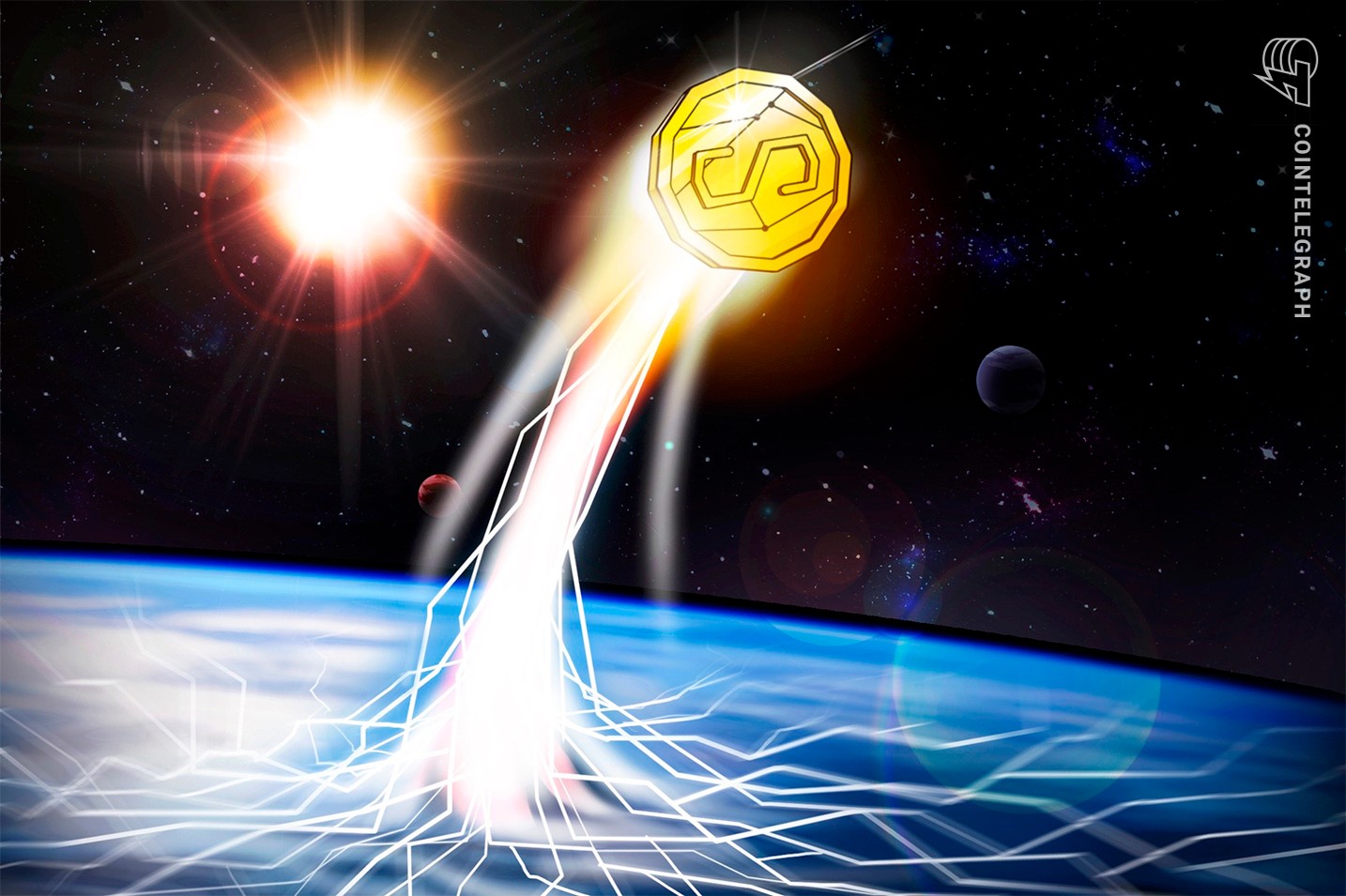Stablecoin growth soars as crypto global mass adoption ramps up

As 2024 continues to unfold, and new unprecedented developments in the cryptocurrency space such as the launch of spot Bitcoin and Ethereum ETFs, another trend is emerging. The growth of stablecoins that has lasted for ten consecutive months and stablecoins’ market dominance rise to 6.93%.
Stablecoins are a class of cryptocurrencies whose value is fixed to a reserve asset, like a fiat currency or commodity. They stand apart from the frequent price volatility associated with cryptocurrencies such as Bitcoin (BTC) or Ether (ETH) due to their stability
According to a report from CCData, the total stablecoin market capitalization rose by 2.11% in July to $164 billion amid a ten-month ascent that was witnessed by major stablecoins.

The largest stablecoin by market cap, Tether (USDT) kept growing, rising 1.61% to $116 billion,” a new all-time high for the stablecoin with its eleventh consecutive monthly increase in market capitalization,” the report noted. USDT’s market dominance is currently at 69.6%.
While other major stablecoins such as USD Coin (USDC), BlackRock’s BUIDL and PayPal USD (PYUSD) saw increases, First Digital USD (FDUSD) and Ethena USDe saw their market capitalization fall.
“PayPal USD continued to be the largest gainer among the top ten stablecoins, rising 17.9% to $589mn, a new all-time high for the stablecoin.”

Stablecoin trading volumes fell 8.35% to $795 billion in July, amid struggling activity on centralized exchanges, with overall trading volumes on “trend to record higher monthly volumes, following the launch of spot Ethereum ETFs and the bullish sentiment on the industry expressed at the Bitcoin 2024 Conference last week,” per the CCData report.
CCData’s report points to recent MiCA regulations, which have raised concerns about the future of USDT in Europe, as a factor contributing to the decrease in stablecoin trading activity on centralized exchanges.
“The regulations require stablecoin issuers to secure e-money licenses and maintain significant reserves, enhancing market security. Major stablecoins like Circle's USDC and EURC have already complied.”
As such, USD Coin continues to dominate trading activity on centralized exchanges, with a marked increase in trading activity for USDC pairs.
The rise of USDC
One of the most significant findings of the CCData report is the surge in the market cap and trading volumes of USD Coin, the second largest stablecoin by market capitalization.
The report notes that USDC now accounts for 73.5% of the market share among the top 10 stablecoins by market capitalization.
“The trading volumes on USDC pairs on centralised exchanges rose 48.1% to $135bn, benefitting from the stablecoin’s MiCA compliance after the European regulations took effect late last month.”
Bankless, a crypto firm, provided a deep-dive analysis of the Solana ecosystem in a July 31 post on X, explaining the reasons behind USDC’s latest growth.
“Circle's USDC dominates the stablecoin arena on Solana, accounting for ~70% of the chain's total stablecoin supply,” Bankless declared adding that USDC's volume on Solana has been 19:1 compared to USDT this week “surpassing the top 20 ERC tokens combined.”

Bankless attributed USDC's dominance on Solana to Circle and the Solana Foundation’s strategies to incentivize developers and promote trading platform integration.
The analysis refers to developer grants from platforms like Solend Protocol and Superteam provided in USDC, which have attracted more developers to the layer-1 blockchain. Others include Circle's Cross Chain Transfer Protocol (CCTP) launch on Solana and Circle’s Web3 Services, all of which aim to unify DeFi and “establish USDC as Solana's leading stablecoin.”
Related News
- OpenAI finally launches ‘Advanced Voice Mode’ to select ChatGPT users
- 'Whales are preparing for the next altcoin rally' — CryptoQuant founder
- USDC trading volume soars 48% in July, driven by MiCA, market growth
- Artists sue SEC over NFT status, DraftKings kills NFT business: Nifty Newsletter
- Coinbase L2 Base hosts 80% of active Uniswap traders — Token Terminal
- Regulators are misguided in efforts to restrict open-source AI
- US Copyright Office reports ‘urgent need’ for protection from deepfakes
- Bybit introduces Indian digital rupee CBDC payment option
- Price analysis 7/31: BTC, ETH, BNB, SOL, XRP, DOGE, TON, ADA, AVAX, SHIB
- Hashrate recovery reduces Bitcoin miners’ selling pressure in July
© 2025 DeFi.io